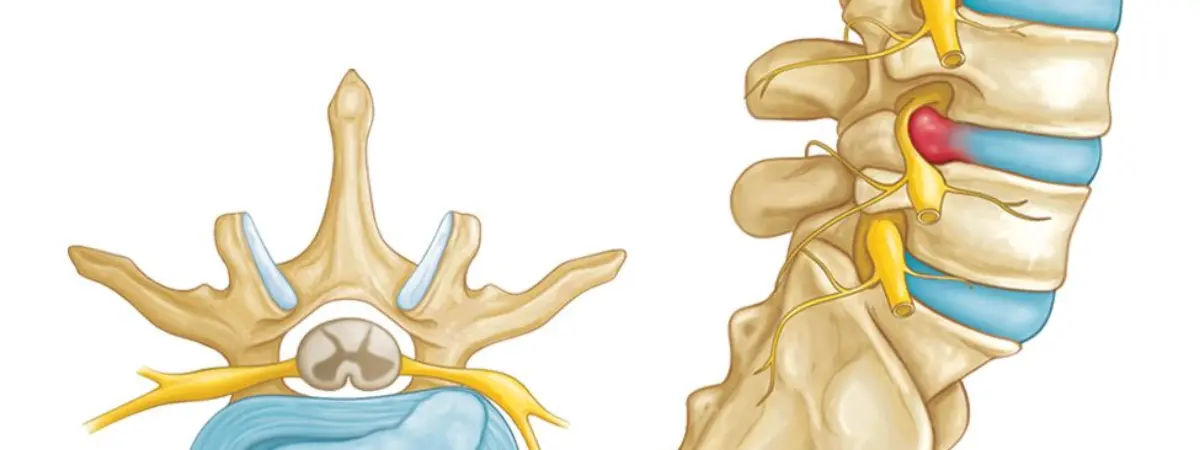
Lumbar Disc Prolapse, also known as a herniated or slipped disc, is a common spinal condition, especially after the age of 50. It is a degenerative disc disorder where the gel-like material placed between two vertebrae protrudes under pressure through a tear in the annulus, potentially compressing adjacent nerve roots and causing neurological symptoms.
Symptoms of Lumbar Disc Prolapse:
Lower Back Pain:
Most patients experience mild to moderate back pain initially, with the severity increasing in later stages, often accompanied by leg pain.
Sciatica or Radicular Pain:
Classically, pain is on one side, extending from the hip down to the knee or ankle, particularly on the lateral aspect of the leg or foot. This is commonly associated with nerve root pinching, with the L4-L5 disc prolapse being the most frequent culprit.
Neurogenic Pain and Sensations:
Nerve pain manifests as numbness and tingling sensations in the leg, thigh, or foot. Burning sensations and a cotton wool feeling in the feet may also occur due to nerve damage.
Muscle Weakness:
Chronic nerve involvement or severe nerve root compression can lead to weakness in the toes, foot, or leg. Difficulty in lifting the foot or experiencing a slipper falling away unnoticed while walking may occur.
Bowel or Urinary Incontinence (Cauda Equina):
In extreme cases of disc prolapse, where the cauda equina nerve roots are involved or compressed, there may be loss of bowel, bladder, or sexual sensation.
In elderly patients, lumbar disc prolapse may be associated with spinal stenosis, spondylolisthesis, or other spinal conditions.
Conclusion:
These signs serve as indicators of lumbar disc prolapse. If you are experiencing such symptoms, it is recommended to seek advice from the best Neuro doctor. Dr. Vamshi Krishna, a prominent Neuro Specialist in Nampally, Hyderabad, offers effective treatment for lumbar disc prolapse.
Recent Posts
Unveiling the Impact of Brain Strokes: Understanding, Prevention, and Recovery
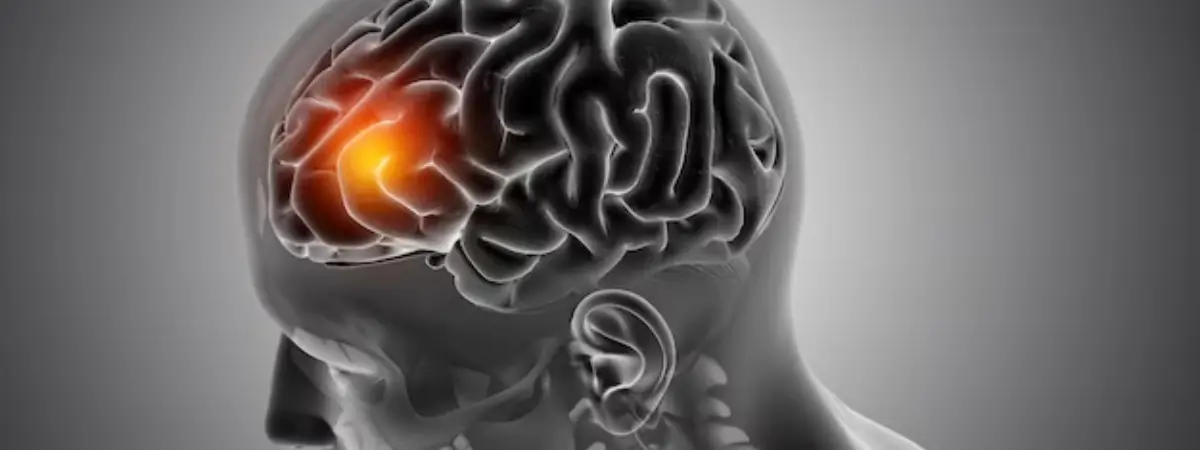
Read More
Navigating Spinal Stenosis: Understanding, Managing, and Living with the Condition
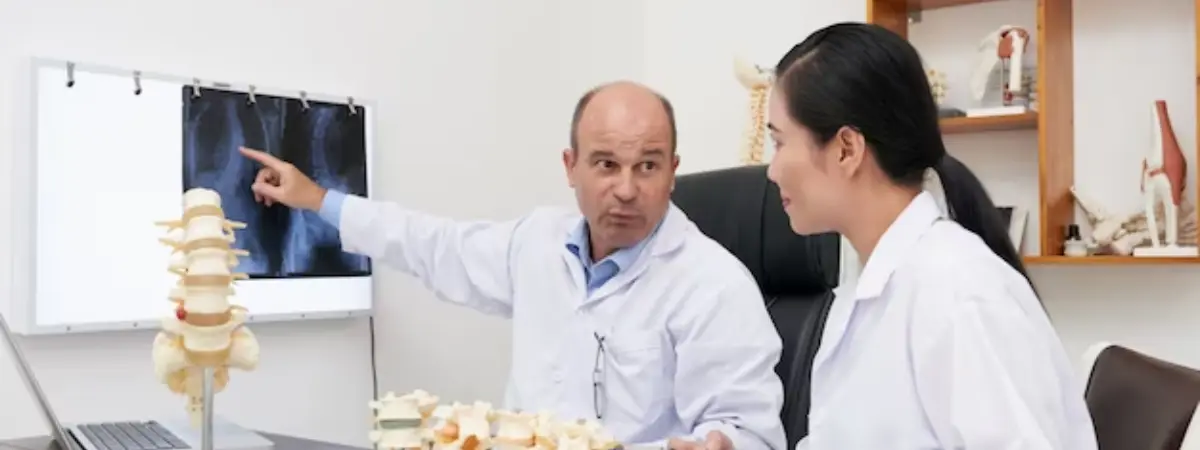
Read More
"Triumph Over Brain Tumor: Navigating the Path from Treatment to Recovery with Dr. Vamshi Krishna"
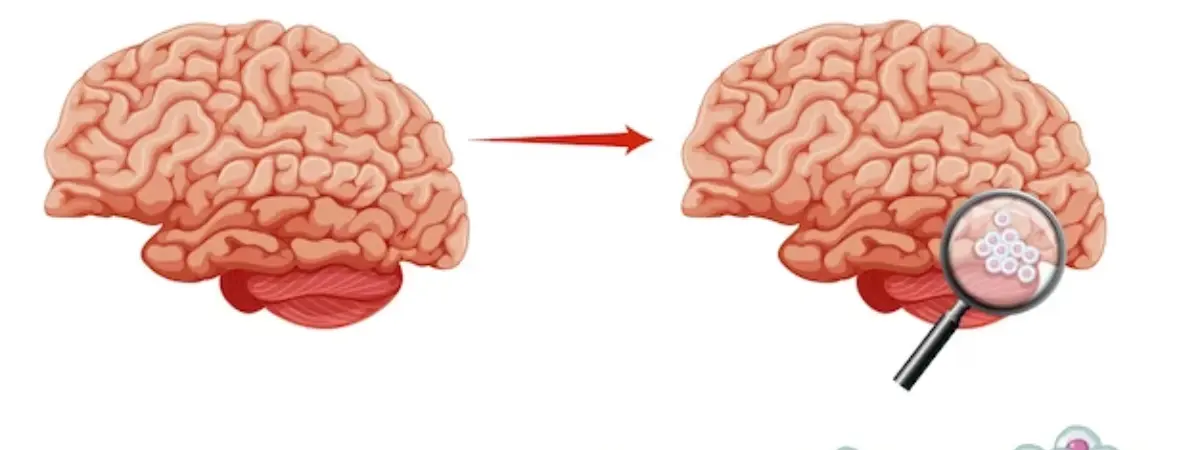
Read More
Scoliosis Screening: Knowing When and How to Check

Read More
Caring for Someone with Dementia: Effective Stress Reduction Tips
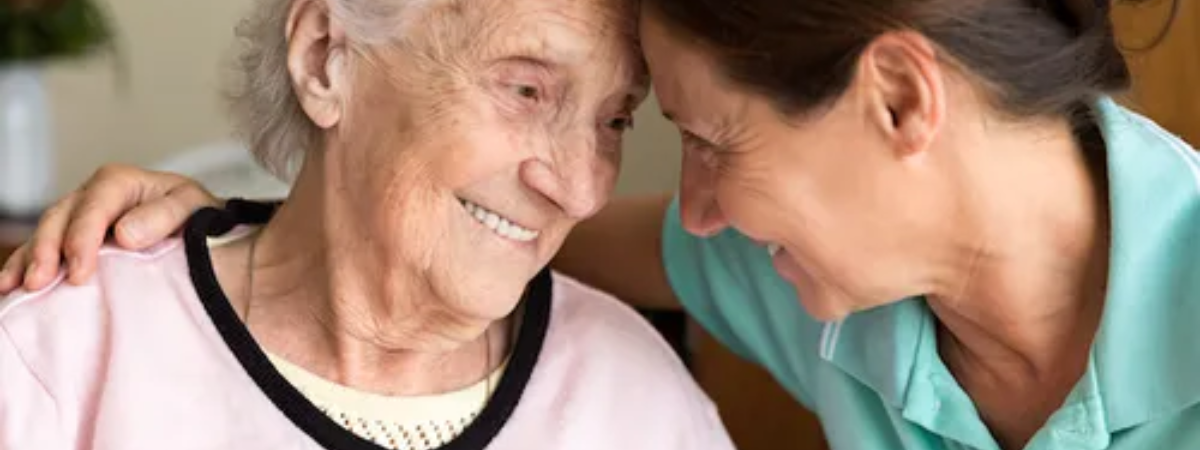
Read More
Neurological Disorders in Children: Early Detection and Intervention
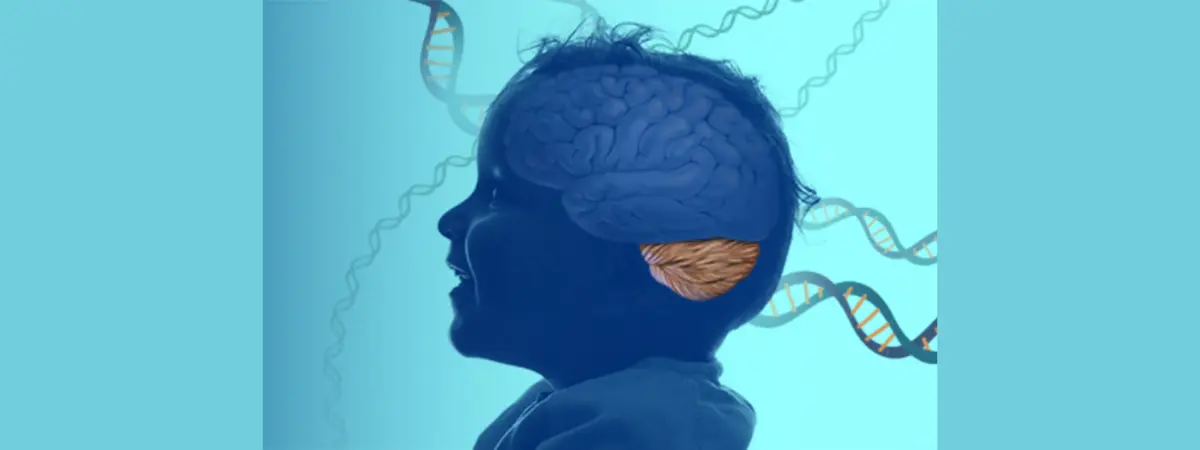
Read More
